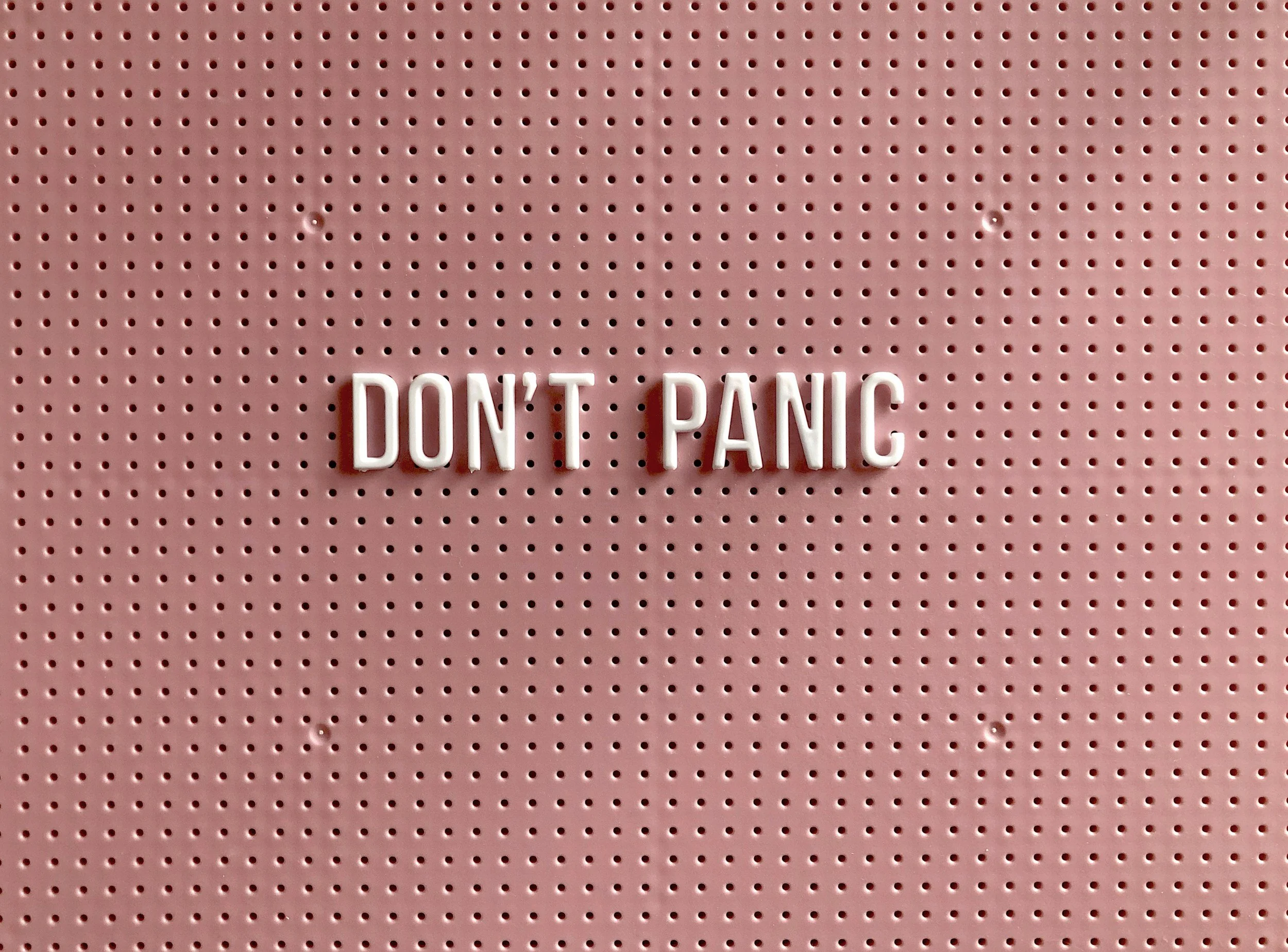Anxiety & Depression
Anxiety and Depression are booming as we meet 2025, and for good reason we are in the midst of very challenging and uncertain times globally.
The Government has just announced the recent statistics that anxiety and depression have overtaken all other disability benefit payments in the UK.
There are a few basic requirements for good mental health naturopathically & nutritionally that are worth a mention:
1. Firstly maintain stable blood sugar levels i.e. avoiding peaks and troufs in your blood sugar levels assists in stabilizing and balancing your moods, improving your metabolic health, and your mental clarity.
2. Secondly maintain good gut health is essential for good mental health. The gut plays an important role in your neurotransmitter production of dopamine - your ‘feel good’ neurotransmitter. Also a healthy gut supports impermeability in your gut epithelial cells, avoiding leaky gut. Leaky gut is when your food particles leak directly out of your digestive system into your blood stream causing inflammation in the body systemically and in the brain. There have been many studies linking Leaky Gut Biomarkers with depression and altering moods.
https://pmc.ncbi.nlm.nih.gov/articles/PMC6587489/
Therefore a healthy gut is essential for good mental health.
How do you balance your blood sugar levels (BSLs) & how do you know if your BSLs are out of wack?
Firstly if you are experiencing low energy, fatigue and feeling drowsy in the mid-afternoon you may be a candidate for peaking and dipping BSL’s. You can also visit your local GP and receive the A1C test, also known as the HbA1c test or glycated hemoglobin test, this is a blood test that indicates the average blood sugar level over the past 2-3 months which is most helpful.
What to do:
Shelter yourself from sugary foods, refined carbohydrates and sugary drinks that spike your BSL’s. Avoiding sugary sport drinks, Undiluted fruit juices, alcohol and sweets.
Insure adequate protein levels in each and every meal (25% protein in every meal - approx 20-40 grams pending on each individuals needs) and in every snack (make it 50% protein).
PROTEIN
What does it do?
Protein:
· Calms the nervous system
· Balances our BSLs by preventing peaks and trouf’s
· Protein supports satiation - you will remain hungry until adequate protein levels have been achieved.
· Protein supports sleep and your circadium rhythm.
· Involved in your neurotransmitter production - of dopamine.
Proteins are made up of 20 different amino acids. One of these amino acids being Tyrosine, which serves as a precursor to Dopamine. Tyrosine is rich in foods such like poultry, fish, nuts and seeds like almonds, and diary such like eggs.
How much Protein do we need everyday?
Protein levels vary widely between person to person pending on your weight, gender, exercise regime etc.
Yet as a base level is 1kilo weight requires 1 gram of protein i.e if you are 65 kilos you need at least 65 grams of protein a day. If you are 65 kilos and exercise you need more like 1.5-1.8 grams per kilo, making it 117 grams of protein a day - approx 23 grams of protein 5 times a day. So these figures are best worked out per individual.
For those who regularly exercise please do ensure a good a good 15-30 grams of protein after exercise in that hour post training to assist with recovery.
What does 20- 30 grams of protein look like?
Examples:
1. One quick and easy way to insure adequate protein in a morning meal when clients are on the run, is adding a good plant based hemp protein to a smoothie or your porridge. Two heaped tablespoon 40 grams of Hemp protein provides 20 grams of protein, then add a two Tablespoons of Greek yoghurt (4 grams) 1 cup of almond milk (1 gram) and snack on and a handful of almonds (6 grams), …Bingo 30 grams of healthy protein.
2. Or enjoy 4 scrambled eggs/omelette/fritatta - 24 grams.
3. 100mg of Smoked Salmon - 18 grams and an avocado (3-4 grams) and sprouts, with some feta/halloumi.
Keep Posted for more ideas & recipes…
Good Protein Sources:
Organic or free range chicken, beef or lamb.
Oily fish – organic, wild or farmed salmon and trout. Also mackerel, herring and sardines. Have fish a few times a week.
Organic or free range eggs – the best source of choline for the brain.
Nuts and seeds, Hemp and Chia seeds, almonds, coconut, chestnuts, hazelnuts, pine kernels, cashews.
Organic Tofu, Edamame, Tempeh.Brown rice, quinoa or millet with lentils or beans (the latter makes a complete protein) Buckwheat.
Sprouted nuts and seeds (soaked in water overnight and shake off – within a few days they’ll sprout – keep them moist).Avocado
Cottage cheese, Greek Yoghurt
Hummus
How to Support Good Gut Health :
· Eat in a relaxed environment - chew your food well. Take time to digest your meal.
· Take a good probiotic.
· Fed your gut microbiome with fermented foods - kimchi, miso, kefir, sauerkraut, yoghurt, kombucha.
· Avoid ultra-processed foods & Highly Sugary Foods
· Eating the colour of a rainbow everyday - lots of vegetables, salads and fiber.
· Avoid wheat and gluten if you have a sensitivity to these.
· Relax and receive adequate rest & sleep.
· Offsetting stress via Meditation, relaxation, having fun
· Social Connection

